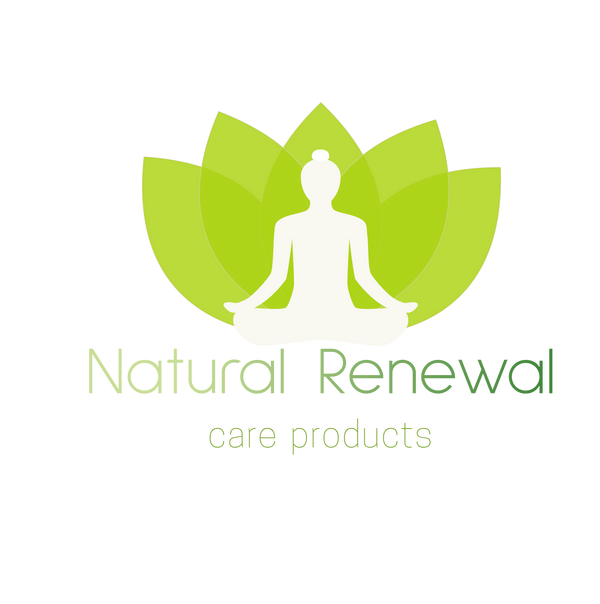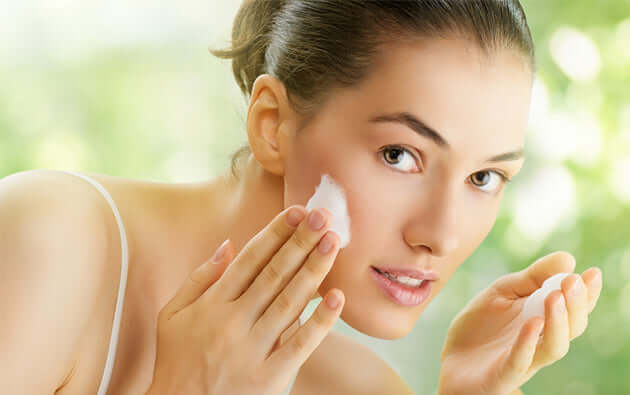Does Hydrocortisone Effectively Treat Acne and Pimples?
Acne is best known as the inflammatory condition that appears on the faces of tweens, teens, and young adults, but this condition can show up at any age, and on any part of the body.
Acne begins when greasy buildup from your skin’s sebaceous glands (oil-producing structures) clogs the tiny holes at your skin’s surface, known as pores. Most acne arises during times of hormonal surges or imbalances.
Hydrocortisone is a topical steroid resembling cortisol. Cortisol is the body’s stress-reaction hormone that relieves inflammation. People often use hydrocortisone for any skin condition that causes redness and swelling, such as allergies, illness, injury, or acne.
Topical hydrocortisone is not an official acne medication. It doesn’t kill the bacteria that causes acne and it won’t prevent breakouts. However, it’ll usually lessen the inflammation of acne, and the swollen appearance that comes with it.
Hydrocortisone cream works better to combat acne when it’s combined with other treatments.
In one older study, benzoyl peroxide coupled with hydrocortisone worked better to calm breakouts than benzoyl peroxide used alone. The combination treatment worked better, in part, because hydrocortisone counteracted the redness and irritation that benzoyl peroxide can cause as it dries out the targeted acne.
Hydrocortisone cream for pimples
In larger pores, a clog becomes a blackhead. When a smaller pore gets clogged, a whitehead is usually the result. All clogged pores have the ability to evolve into the red, swollen inflammation that people call pimples. If this happens, hydrocortisone can reduce the swelling and redness.
If the blackheads or whiteheads just look like tiny specs, hydrocortisone won’t likely provide any visible improvement. Instead, your pharmacist can recommend an over-the-counter treatment that specifically targets these types of acne.
Hydrocortisone cream for cystic acne
Cystic acne is a more severe form of acne. It usually appears as red, hard, tender, and very irritated nodules. Because inflammation is a key aspect of cystic acne, hydrocortisone cream can help, at least to some extent.
While hydrocortisone can usually make this type of acne appear less red and swollen, it’s a temporary, cosmetic fix, rather than a long-term solution.
To treat your acne with topical hydrocortisone cream:
- gently wash your face with a nonirritating cleanser.
- apply a dab of hydrocortisone cream and softly rub it in.
- use it once to four times per day when inflammation is present.
You might also consider using a mild, fine-grained product to exfoliate your skin up to three times per week.
Everyone has different skin types and sensitivities, and any product can cause a negative reaction in some people. When you use hydrocortisone cream, start slowly at first and watch for these uncommon but possible side effects:
- burning, itching, irritation, redness, or dryness of the skin
- worsening acne
- changes in skin color
- unwanted hair growth
- a rash, tiny red, or white bumps
- swelling, pain, or itching
Hydrocortisone usually treats these conditions rather than causing them. Most people don’t experience any significant problems while using it. If you do notice side effects, consider stopping treatment and consult a healthcare professional.
If hydrocortisone cream doesn’t improve your acne, there are other treatments you can try. A number of over-the-counter (OTC) and prescription medications are available for different types of acne.
Topical treatments that come in creams, gels, liquids, or lotions include:
- salicylic acid or benzoyl peroxide
- hydroxy and other beneficialacids
- retinol, or its prescription form, Retin-A
- sulfur
- prescription antibiotic creams
- tea tree oil
Your doctor might suggest oral medications, such as:
In recent years, blue light therapy has also become popular for treating all forms of acne. For severe acne, hydrocortisone injections inserted directly into the lesions can shrink them, speed healing, and improve inflammation; it’s considered an effective treatment that can prevent or minimize scarring.
When hydrocortisone and other over-the-counter treatments do not give you the results you’re looking for, see a doctor. Discuss the measures and methods you’ve already tried and ask about prescription medications.
Always seek medical attention if the treatments you’ve tried have made your acne worse or caused worrisome side effects. If those side effects are severe or you notice your pimples and nodules starting to look infected, do not delay in getting medical advice.
Hydrocortisone for acne can be useful and effective because it fights redness and inflammation and does so fairly quickly. Hydrocortisone may be especially effective in combination with other drugs, such as benzoyl peroxide.
Source:
https://www.healthline.com/health/hydrocortisone-for-acne#seeking-medical-help

